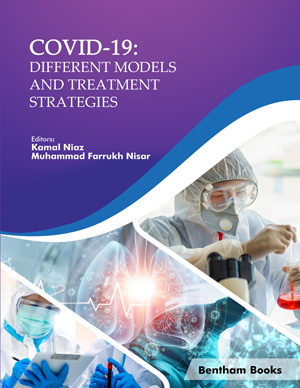
Abstract
Background: Despite the global decline in pediatric HIV infections, infants in sub-Saharan Africa still acquire HIV infection through inappropriate feeding.
Objective: The objective of the study was to compare knowledge and predictors of infant feeding behavior between mothers living with HIV and controls of unknown HIV status in Gombe, northeast Nigeria.
Methods: A cross-section of clinic-based samples of 84 HIV-positive mothers and 170 controls of unknown status were interviewed using validated questionnaires. Knowledge scores and self-reported infant feeding practices were analyzed. Multivariate logistic regression models were employed to determine predictors for infant feeding practices.
Results: Transmission risk perception (95.2% vs. 65.3%) (p<0.05) and adequate knowledge of infant feeding (77.4% vs. 51.2%) (p<0.05) were higher among HIV-positive mothers than controls. Compared with mothers of unknown status (56.5%), a higher proportion of HIV-positive mothers (84.5%) reported breastfeeding the index infant exclusively for 6 months (p<0.05). In contrast, mixed feeding was more prevalent among controls (19.4% vs. 4.8%) (p<0.05). Further, over a third (39.3%) of HIV-positive mothers and 27.6% of controls weaned their infants at ≥12 months (p>0.05). Antenatal attendance, hospital delivery, knowledge, and positive attitude predicted infant feeding practices in both groups. The predictive roles of education and parity were limited to HIVpositive mothers, while the effects of maternal age and infant death were restricted to controls.
Conclusion: Risk perception, knowledge, and exclusive breastfeeding rates were higher among mothers living with HIV. Antenatal care, hospital delivery, knowledge, and attitude predicted infant feeding practices in both groups. Girl child education, antenatal care, hospital delivery, and sustained promotion of exclusive breastfeeding with antiretroviral therapy are key to HIV-free infant survival.
Keywords: HIV, infant feeding, exclusive breastfeeding, knowledge, predictors, risk perception.
Graphical Abstract























